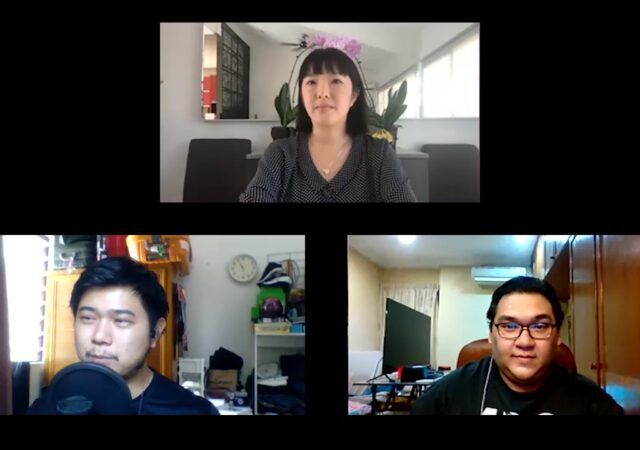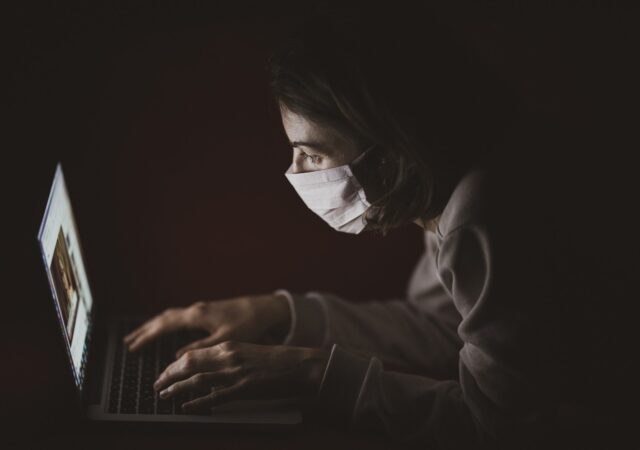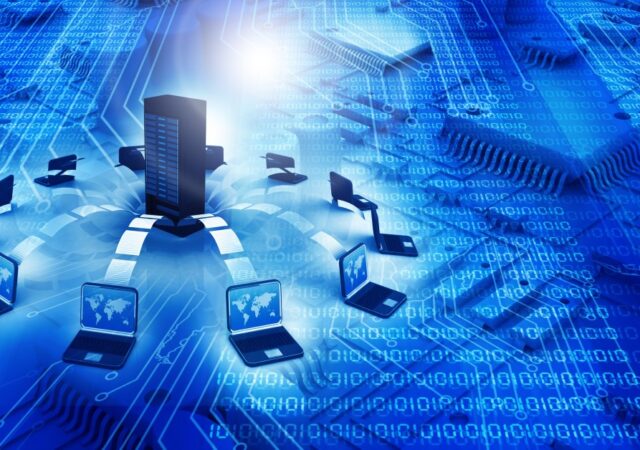We took up an opportunity to sit down with Nicole Tan of Facebook to find out how Facebook Malaysia has adapted and contributed toward the global pandemic that is the COVID-19.
Coronavirus Puts Remote Work Security to the Test
The COVID-19 outbreak is now considered a Pandemic to everyone’s fears. The COVID-19 does not just affect us physically though. It is affecting us in our workplace. As more and more organisations move toward a remote working structure, cyber criminals are starting to take even more advantage of the situation. Acronis has a way to protect the workforce.





